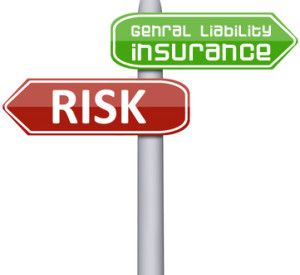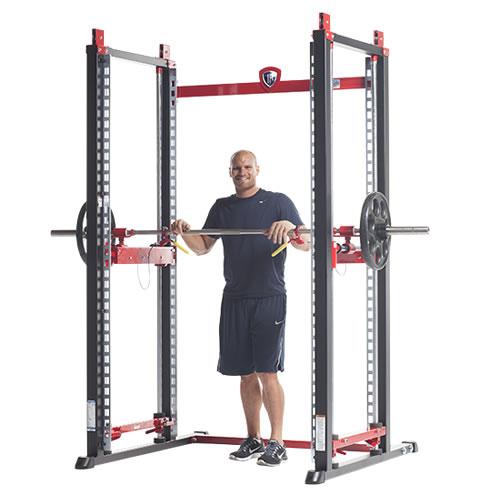

Finding time to exercise can be difficult. The “always open gym” concept made mainstream by franchises like 24 hour fitness, Anytime Fitness, Snap Fitness and many others, has made working out more convenient. But, just because these gyms never close doesn’t mean they are always fully staffed. For many the best time to workout is either late at night or early in the morning. Times when most are asleep or would want to be asleep. During those “off” hours clubs will be either unsupervised or overseen by someone who wishes they were asleep, which is basically the same thing.
Weight lifting accidents can happen anytime. But, weight lifting in an empty gym? The probability only increases. So much so that many “all hours” gyms only offer the safer single station machines reducing the likelihood of an accident. If you want to spend a lot of time in the gym with modest results then that wouldn’t be a problem. However, most gym goers have done their research and know that if you want to get the “biggest bang for your buck” you have to lift free weights.
This is where there is a give and take between the owners and the members. Club owners have to weigh the benefits of going all-in on safety versus turning off current and potential members while only offering machines. Gym members have to manage the higher risk of lifting alone versus achieving the desired results of free weight lifting.
Signing a standard release of liability waiver is helpful for the clubs but not for the members. A waiver doesn’t magically diminish the inherent risk of free weight training. If an accident were to happen in an unsupervised or understaffed club, there is nothing to deter a lawsuit being brought against the club. What lawyer wouldn’t want to play the negligence card? Resulting in legal fees and time in court. The only winner there are the lawyers. Regardless of how “bulletproof” the waiver is. The only way of fully protecting both the members and the clubs is by having safe equipment. Not a signed waiver.
Unfortunately, there hasn’t been a viable free weight lifting application that combines safety without compromising results and vice versa. Most solutions have been like someone trying to cover three leaks in a dam with two hands. For example, the Smith machine made moving a weighted barbell safer, but the fixed movement eliminated the coveted results of free weight lifting.
Over a year ago, retired NFL super bowl champion Brady Poppinga came up with the closest design yet in fusing safety and free weight training. He invented the world’s first omnidirectional Smith machine called the XPT. Imagine the safety of a Smith, but with barbell movement that has the feel of a traditional floating bar. The XPT is a machine without compromises.
“What I love about the XPT is that it is functional. The way the machine is set up you can work on proper technique. You can also do things that you can’t do on a normal rack,” explains former all-pro running back and current fitness club owner Ahman Green. “It’s a great machine. I love using it.”
The XPT is an ideal solution for all gyms especially those that are open 24/7. Having an XPT is like employing a 24/7 spotter that never gets tired or distracted. Club owners can now offer more than just single station machines for the sake of safety. Their members can now enjoy the valuable results of free weight lifting even in a empty gym. It’s a win for both parties and a loss for those lawsuit happy lawyers.
Send an email to xpttrainer@gmail.com for more information.